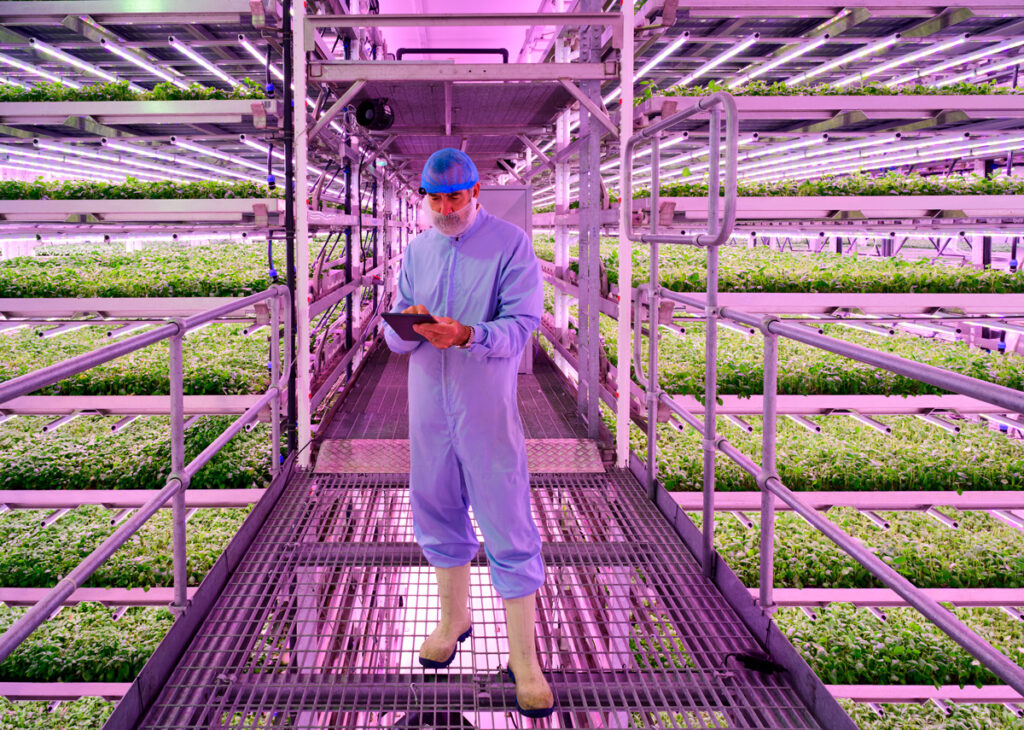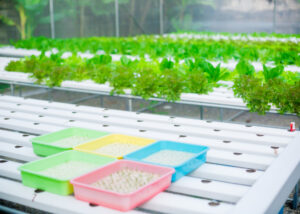It is a well-known fact that, as a global community, we must move towards a more sustainable way to produce fruit and vegetables. But what can we do to make food production more sustainable?
Research is underway on five farming practices that are considered to be sustainable. The hope is that these practices will be able to be rolled out globally, making food production more sustainable for years to come.
These five farming practices are:
#1 Agroforestry
The Soil Association defines agroforestry as “combining agriculture and trees.” Planting hedges, shrubs and trees can give farmers healthier soil, yield higher yields, and create a home for wildlife.
What this means, in practical terms, is that instead of carefully manicured rows of crops, crops are intentionally intermingled with shrubs and trees. The benefits this type of farming brings to food production include promoting biodiversity, helping to filter runoff, and a reduction of stress on the soil.
#2 Cover Crops
The Agriculture and Horticulture Development Board (AHDB) defines cover crops as “a non-cash crop grown primarily to protect or improve the soil between periods of regular crop production.”
Common cover crops include peas, beans, barley, oats, and mustard leaves. Cover crops promote biodiversity and build up soil health in the long term. They can also help with pests and plant diseases.
#3 Crop Rotation
Crop rotation is one of the most commonly known ways of improving soil health. It is the name farmers give to using fields to grow different crops each season rather than the same crop over and over.
Growing the same crop over and over can lead to nutrient depletion in the soil. Growing different crops allows the farmer to balance the nutrients in the ground better.
#4 Permaculture
Permaculture farming is quite complex as it combines a variety of farming approaches and techniques to create a low external output, high productivity farming system. It covers climate, investment opportunity, land use, soils and water.
#5 Vertical Farming
Vertical farming is a highly sustainable technique that solves many of the challenges associated with traditional farming by removing the need for soil altogether – which is where our product, Gelponics, comes in.
In vertical farms, crops are grown vertically in trays or towers in a greenhouse environment, making it controlled environment agriculture.
CEA greenhouses can be built in small areas but produce large crops, as fruit and vegetables can be grown all year round. As they take up such a small space, vertical farming greenhouses can be placed in urban areas, closer to customers.
Vertical farming is one of the most sustainable ways of producing food crops. Please contact us today if you are interested in learning more about Gelponics and how it can help sustainably support your plants through the whole growth cycle.


